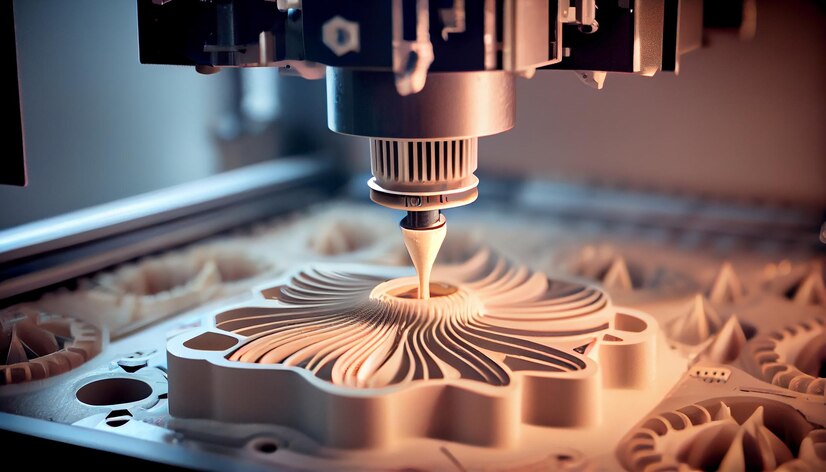Accurate machining is the backbone of manufacturing industries. A CNC Tool Sensor plays a pivotal role in achieving this accuracy by ensuring precise measurements and adjustments. The following is the detailed article on the functions of a CNC Tool Sensor and how it enhances machining accuracy.
Functions of CNC Tool Sensors
CNC tool sensors have multiple functions that are essential for maintaining precision and efficiency in machining processes. The following are the elaborative functions of the CNC Too Sensors:
Tool Detection and Monitoring
Tool detection and monitoring are crucial for maintaining the efficiency and accuracy of CNC machines. Sensors detect the presence of the tool, ensuring the correct tool is being used. They also monitor the tool’s condition, identifying wear and breakage, which helps prevent errors and maintain consistent performance.
Tool Positioning and Alignment
Accurate tool positioning and alignment are essential for high-quality machining. Sensors assist in positioning the tool precisely, ensuring that every cut is made accurately. This precise alignment directly impacts the machining quality, reducing errors and improving the overall finish of the product.
Compensation for Tool Deviation
During machining, tools can deviate from their intended path. Sensors detect these deviations and enable real-time compensation, adjusting the tool’s position as needed. This function is vital for maintaining consistent quality and precision, even during long machining processes.
Temperature Monitoring
Temperature changes can affect machining accuracy. Sensors monitor the temperature of the tool and the workpiece, allowing adjustments to maintain optimal conditions. Proper temperature regulation helps in preventing thermal deformation, which could compromise the machining accuracy.
How CNC Tool Sensors Enhance Machining Accuracy
CNC tool sensors significantly improve machining accuracy by providing precise measurements and real-time adjustments.
Improved Precision
CNC Tool Sensors provide precise measurements and control, which directly enhances the accuracy of the machining process. By ensuring that every movement and measurement is exact, these sensors help produce parts with tight tolerances and high-quality finishes.
Consistent Performance
The integration of sensors ensures that the CNC machine performs consistently. By monitoring tool wear and making necessary adjustments, sensors help reduce variations in the machining process. This consistency is crucial for producing large batches of parts with the same high level of accuracy.
Enhanced Efficiency
Efficiency in the machining process is significantly improved with the use of sensors. They streamline operations by reducing the need for manual checks and adjustments. This reduction in downtime and maintenance leads to faster production times and increased throughput.
Real-Time Adjustments
One of the standout benefits of CNC Tool Sensors is their ability to make real-time adjustments. During the machining process, these sensors can detect any deviations or issues and correct them immediately. This capability ensures that the final product meets the desired specifications without the need for extensive rework.
Conclusion
A CNC Tool Sensor is a critical component in modern machining, offering functions like tool detection, positioning, deviation compensation, and temperature monitoring. These functions collectively enhance machining accuracy, resulting in high-quality, precise parts. By improving precision, ensuring consistent performance, enhancing efficiency, and enabling real-time adjustments, Tool Sensors play an indispensable role in the manufacturing industry. Their contribution to maintaining high standards of machining accuracy cannot be overstated.
